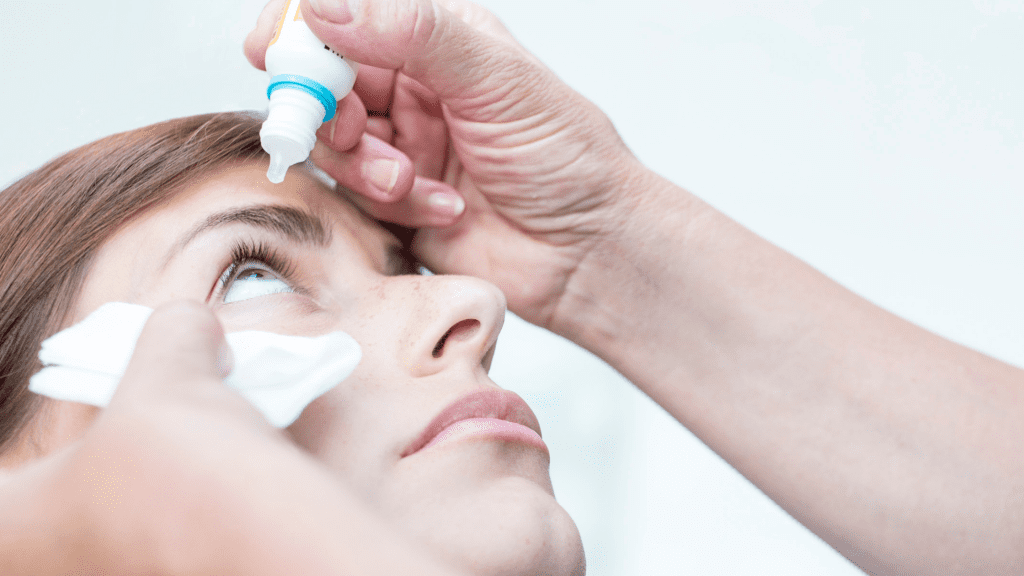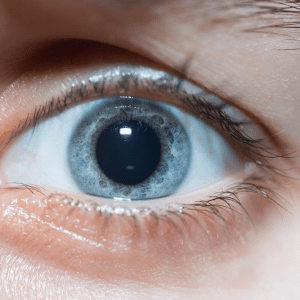Why Does My Eye Doctor Dilate My Eyes To Test Them?

A thorough eye exam includes a series of tests to check your vision and find issues that lead to eye diseases. It is best to get regular eye exams because your doctor will be able to spot eye problems early, which allows treatment plans to be more effective. One part of a thorough exam is pupil dilation. Below you will find the answers to common questions about dilation and why your eye doctor dilates your eyes to test them.
What is pupil dilation?
Pupil dilation is like shining a light into a pitch-black room. It allows your doctor to see into the back of your eye. Naturally, your pupil gets smaller when light shines into it. During pupil dilation, special drops are used to force the pupil to stay open. This gives your optometrist access to the optic nerve and retina. When your pupils are dilated, these diseases and their symptoms can be detected.
- Glaucoma – damaged optic nerves
- Cataracts – clouding of the lens
- Macular degeneration – unusual-looking blood vessels and protein buildup
- Diabetic retinopathy – leaky or swollen blood vessels
These conditions may cause no pain or noticeable symptoms in their initial stages but can be detected when your eyes are dilated.
How long does dilation last?
It takes around 15-30 minutes for the dilation drops to fully open the pupils. The eyes return to normal in about 4-6 hours. However, the time frames could be shorter or longer depending on your body’s reaction. If you have never had your pupils dilated, it is a great idea to have someone attend your appointment with you and drive you home. Pupil dilation makes your vision blurry and your eyes sensitive to light. Sunglasses are highly recommended to protect your eyes from the sun until they return to normal.
How often should I get my eyes dilated?
Your eye doctor will consider many factors in determining if dilation is necessary. Some include:
- Age – risk of eye disease increases with age
- Eye health – history of eye injury or eye disease may increase risk of future eye problems
- Overall health – high blood pressure, diabetes, and other diseases increase risk of eye disease
The National Eye Institute recommends people over 60 have a dilated exam once a year. The recommended age might change depending on your health factors. For instance, if you have diabetes, you should have an eye doctor dilated eye exam once a year no matter your age.
Proactive and preventive care is vital if you want to protect your eye health. Don’t wait until you notice vision changes to see an eye doctor. You could have a problem and not be aware. Thorough eye exams are worth the additional amount of time it takes to complete the process, especially if it means saving your vision.
If you have not scheduled your comprehensive eye exam including pupil dilation, please contact The Eye Center, with locations in Huntsville and Madison, at 256-705-3937. We look forward to seeing you.
